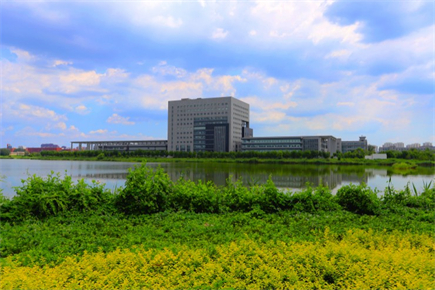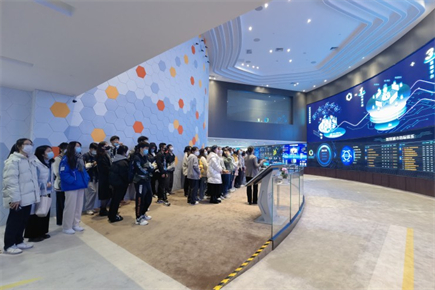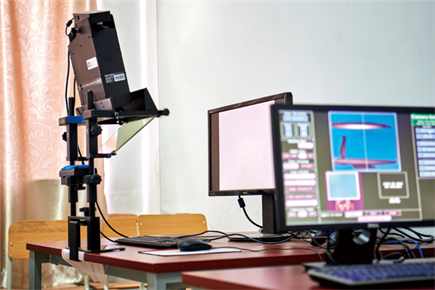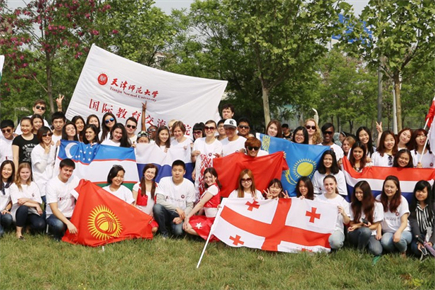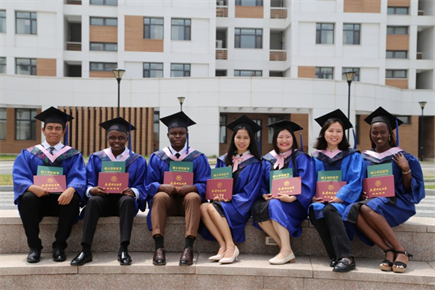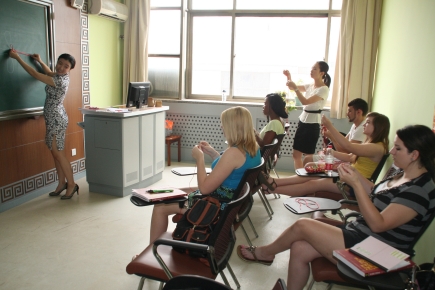The School of Life Sciences at TNU was established in 1958 as the Biology Department, one of the four original science departments at the university. In June 1998, the Biology and Chemistry Departments merged to form the School of Chemistry and Life Sciences. In April 2010, the School of Life Sciences was officially established on the basis of the Biology discipline of the School of Chemistry and Life Sciences.
Currently, the college has 83 faculty members, ten teaching and research offices, one biology laboratory center, and four administrative offices. Its Biology Laboratory Center is recognized as an outstanding laboratory and was one of the first demonstration centers for experimental teaching in Tianjin. The school covers an area of about 8,000 square meters, and has 5,157 pieces of teaching and experimental equipment, with a total value of 61.56 million yuan.
It has 65 full-time faculty members, including 23 professors/researchers and 17 associate professors/associate researchers. Four of them have been selected for national talent programs, while 23 have been selected for provincial-level programs. Two innovation teams at provincial and ministerial levels have also been approved. Many have received science and technology awards, such as the Tianjin Science and Technology Progress Award and the Tianjin Natural Science Award, as well as honorable titles, including the National March 8th Red Flag Bearer and Tianjin May 1st Labor Medal.
The school offers two undergraduate programs: Biological Science (including teacher training) and Biotechnology. The Biological Science program is a nationally recognized "Double First-class" program and the Biotechnology program is a strategic emerging industry-related program in Tianjin. The Biological Science (teacher training) program serves basic education in the city and of other provinces, enrolling about 240 students each year. It is dedicated to cultivating students who possess a good knowledge of biology and scientific thinking methods, perfect knowledge structure, biological experimental skills, modern educational concepts, professional expertise in biological education, and a strong ability to adapt to basic education. The Biotechnology program enrolls about 50 students each year and focuses on developing high-level applied talents who can work in modern agriculture, fisheries, bio-medicine, food testing, and other related fields. The school has established teaching practice platforms such as the "Experimental Teaching Demonstration Center of the General Higher Education Institution in Tianjin" and the Natural Observation and Experience Center.
The School offers doctoral and master's degree programs in Biology and Ecology respectively, of which the former is a key program of the city. It also has two municipal-level key labs, namely, the Tianjin Key Laboratory of Animal and Plant Resistance and the Tianjin Key Laboratory of Animal Diversity Conservation and Utilization. The school boasts 15 doctoral supervisors and 43 master's supervisors. In the past five years, its teachers have conducted numerous research projects, resulting in 512 academic papers, four provincial and ministerial-level scientific awards, and 15 patents.

